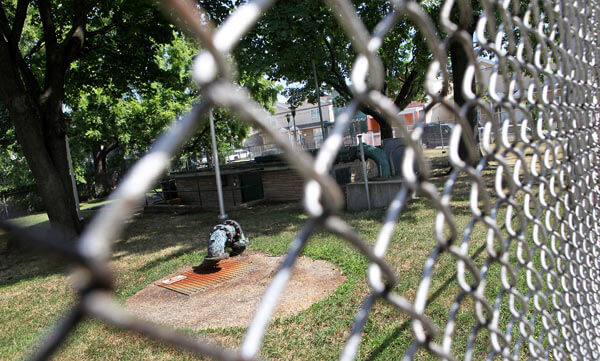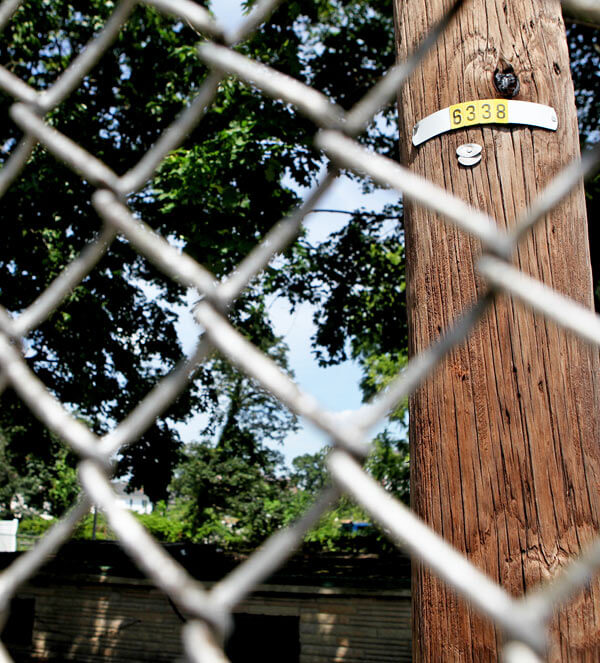By Rich Bockmann
ExxonMobil owes the city nearly $105 million to help pay the cost of treating contaminated groundwater in southeast Queens, a federal appeals court ruled last week after the international oil behemoth challenged the 2009 jury award.
A three-judge panel in Manhattan’s Second Circuit Court of Appeals last Friday affirmed a Brooklyn federal court jury award of $104.69 million in compensatory damages after it found the Irving, Texas-based company liable for contaminating well water with methyl tertiary butyl ether — a chemical additive used to reduce harmful emissions by increasing the oxygen level of gasoline.
“Yet again, this company — which carelessly polluted our groundwater supply — has been put in its place by a court,” Mayor Michael Bloomberg said.
But while the appellate court shot down Exxon’s challenge, it also upheld the jury’s finding that the oil company was only responsible for paying to treat MTBE, and not other contaminants already in the ground.
In 2000, the city first detected MTBE at a cluster of wells near 108th Avenue and 165th Street in South Jamaica known as the Station Six wells, which were acquired in 1996 with the purchase of the Jamaica Water Supply Co. amid complaints of water quality.
The groundwater had been contaminated by a dry cleaning chemical known as “perc” at such levels that the city could not legally serve the water, and the wells have been capped since they were taken over.
While the levels of MTBE found near the wells did not render the water non-potable, the city argued they would affect the taste and color enough to undermine confidence in the water supply when the wells are tapped to supplement the closure of the Delaware Aqueduct in 2018 for repairs.
It is estimated the wells can draw about 10 million gallons of water a day, or enough for about 80,000 people.
Exxon appealed primarily on the grounds that the federal Clean Air Act, which required oil companies to add oxygenate chemicals to gasoline, preempted New York state’s tort laws, but the appeals court affirmed the lower court’s application of local laws.
“We agree with the district court that in determining whether the city had established injury as a matter of New York law, the relevant question for the jury was whether ‘a reasonable water provider in the city’s position would treat the water to reduce the levels or minimize the effects of the MTBE in the combined outflow of the Station 6 wells in order to use that water as a back-up source of drinking water,” the three-judge appeals panel wrote.
On cross appeal, the city argued Exxon should be responsible for paying to clean the water, not just the portion contaminated by MTBE, but the appeals court denied that argument.
“Indeed, the city purchased the Station Six Wells from the Jamaica Water Supply Company in response to complaints about the quality of company-supplied water, intending to use the wells as a back-up water supply,” the appellate judges wrote. “The pre-existing contamination of that source required the city to build a treatment plant before it could effectuate its purpose in purchasing the wells — i.e., serving potable water in the future. Thus, the city expected to incur the cost of [perc] decontamination.”
Reach reporter Rich Bockmann by e-mail at rbockmann@cnglocal.com or by phone at 718-260-4574.




































